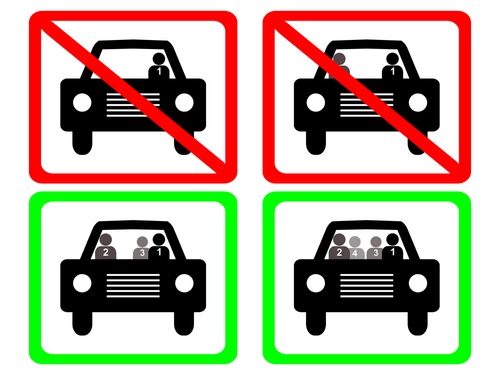By M. Shekarchian, M. Moghavvemi, F. Zarifi, S. Moghavvemi, F. Motasemie, T.M.I. Mahlia
Abstract
The increasing number of vehicles and drivers have led to a marked increase in travel time expenditure (TTE), congestion, demand for fossil fuels, and adverse environmental impacts. Improving energy efficiency in the transportation sector, public awareness of the behavior of the people vis-à-vis energy efficiency, implementing policies that encourage other modes of transportation (e.g., public transit, ride-sharing, bicycles, and walking, etc.) that decrease vehicle dependency are some effective approaches that mitigate the aforementioned negative effects, which will lead to significant reductions in the total energy consumption. This article investigates the effect of governmental policies on vehicle dependency reduction and the decrease of Travel Time Expenditure by vehicle owners, and propose a novel method to calculate the current and future Travle Time Expendituress by individuals. The effect of demographic variables and the region on vehicle dependency and Travel Time expenditure for students of three of the most populated universities in Malaysia (University of Malaya, University Putra Malaysia, and University Technology Malaysia) were investigated as well. The peoples’ expectations from individual modes of transportation such as cycling and walking were also analyzed. The results showed that all demographic factors, except nationality, affect the levels of vehicle ownership, while income levels and nationality affects Travel Time Expenditure by personal vehicles. The results show that the average Travel Time Expenditure can be reduced by 89% if the recommended infrastructure (e.g., increase bus routes, train routes, train services, frequencies of buses and train, and facilities for cyclists, etc.) is provided. These outcomes can assist policy makers to efficiently manage transportation budgets, and would also help people decrease vehicle usage, which will subsequently decrease their corresponding Travel Time Expenditure and fuel consumption.
Keywords:
Travel time expenditure; Infrastructure management; Road transportation
Read the full article at:
http://www.sciencedirect.com/science/article/pii/S1364032117305166
